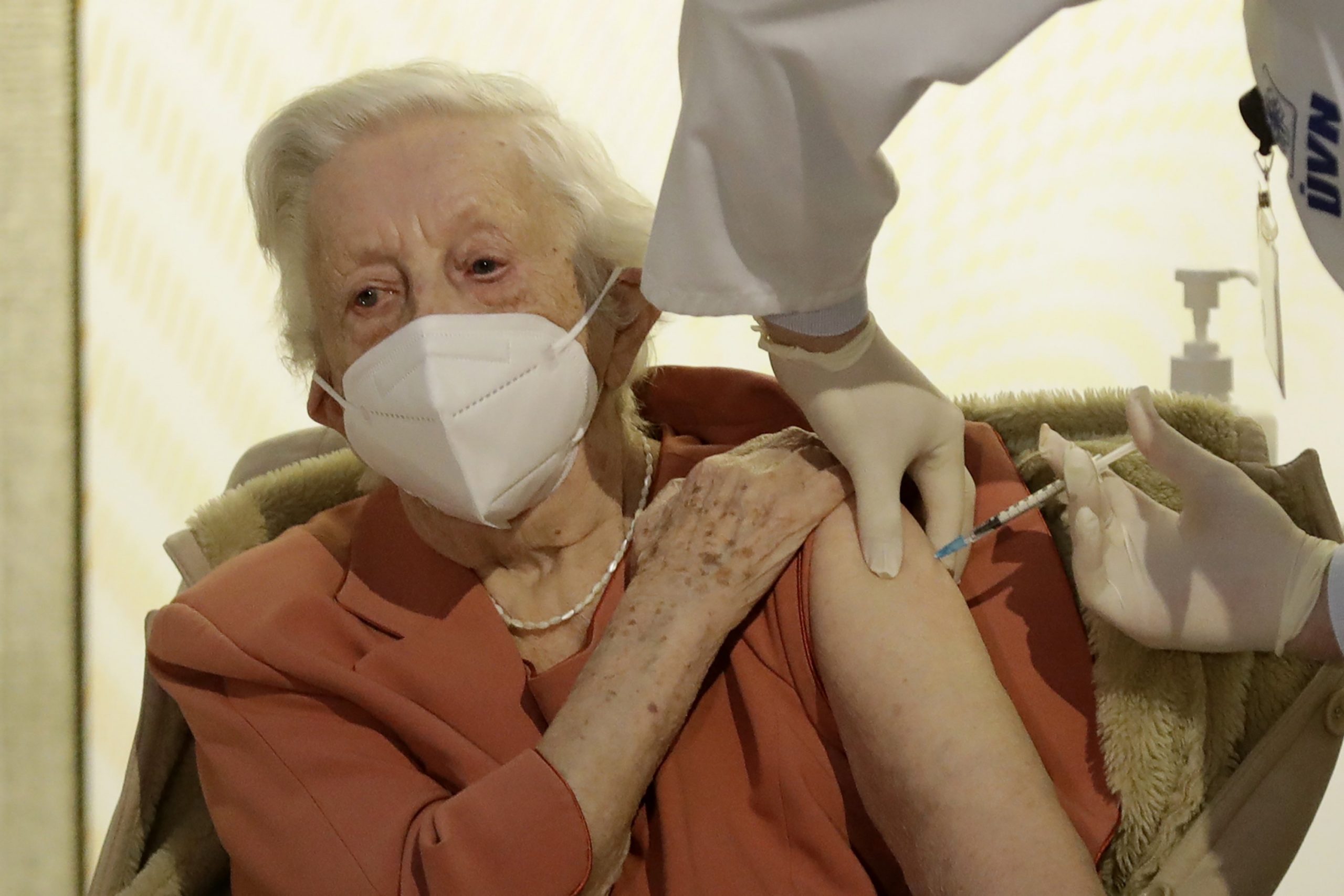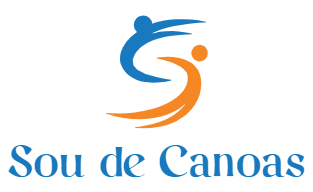
European Union countries began a concerted effort Sunday to give COVID-19 vaccines to the most vulnerable among the bloc’s population of nearly 450 million, marking a moment of hope in the continent’s battle against the worst public health crisis in a century. .
Healthcare workers, the elderly and prominent politicians got some first shots across the bloc of 27 countries to reassure the public that vaccines are safe and represent the best chance to get out of the pandemic.
“It didn’t hurt at all,” said Mihaela Angel, a nurse at the Matte Pulse Institute in Bucharest who was the first person to get the vaccine in Romania. “Open your eyes and get vaccinated.”
In Rome, five doctors and nurses in white scrubs sat in a semicircle at Spallanzani Infectious Diseases Hospital to receive their doses.
“The message is a message of hope and confidence and an invitation to share this option,” said one of the recipients, Dr. Maria Rosaria Capobianchi, who heads the Virology Laboratory in Spallanzani and was part of the team that isolated the virus in early February. . “There is no cause for concern.”
Italian virus Caesar Domenico Arcuri said it is important to give the first vaccine doses in Italy at Spallanzani, where a Chinese visiting couple from Wuhan tested positive in January and became the first confirmed case in Italy. Only later did northern Lombardy become the epicenter of the outbreak in Europe. Italy now has the worst confirmed virus deaths on the continent, with around 72,000.
“Today is a beautiful and symbolic day,” Arcuri told reporters outside the hospital: “All European citizens together began receiving vaccinations, the first ray of light after a long night.”
But he warned: “We all have to continue to be vigilant, cautious and responsible. We still have a long way to go, but in the end we see little light.”
The vaccines, developed by German company BioNTech and US pharmaceutical company Pfizer, began arriving in extremely cold containers to European Union hospitals on Friday from a plant in Belgium.
At a nursing home in Los Olmos in the Spanish city of Guadalajara, northeast of Madrid, a 96-year-old resident and caregiver was the first Spaniards to receive the vaccine.
“Let’s see if we can all act and make this virus go away,” said Araceli Hidalgo, the elderly woman, after receiving her injection.
The Czech Republic survived its worst pandemic in the spring only to see its healthcare system on the verge of collapsing in the fall. In Prague, Czech Prime Minister Andrej Babis received a bullet at dawn on Sunday and stressed: “There is no need to worry.” Sitting next to him in a wheelchair was World War II veteran Emily Rebekova, who also received the shot.
In all, the 27 European Union countries have recorded at least 16 million coronavirus infections and more than 336,000 deaths – huge numbers that experts still agree underestimate the real losses of the epidemic due to missing cases and limited testing.
Those who get the shots will have to return within three weeks to get a second dose.
European Commission President Ursula von der Leyen released a video Saturday to celebrate the launch of the vaccine, describing it as a “moving moment of unity”. The vaccination campaign should ease the frustrations that have been building, especially in Germany, where Britain, Canada and the United States began their vaccination programs with the same vaccine weeks ago.
As it turns out, some immunization operations in the European Union started the day before In Germany, Hungary and Slovakia. “Every day we wait is a very, very much day,” said the director of a German nursing home where dozens of people were vaccinated on Saturday, including a 101-year-old woman.
Each EU country decides on their own who gets the first shots, and most pledge to put seniors and residents in nursing homes first.
European Union leaders are counting on a vaccine rollout to help the bloc show a sense of loneliness in a complex mission to save lives after it faced a year of difficulties negotiating a post-Brexit trade deal.
German Health Minister Jens Spahn said: “It’s here – the good news for Christmas.” “This vaccine is the critical key to ending this epidemic … It is the key to getting our lives back.”
Among the politicians who planned to receive an injection of the virus on Sunday to promote wider acceptance of vaccinations are Slovak President Zuzana Kaputova and Bulgarian Health Minister Kostdin Angelov.
Meanwhile, the first cases of a new virus variant that spread rapidly around London and southern England were discovered in France and Spain. The new alternative, which British authorities said was easy to transfer, prompted European countries, the United States and China to impose new restrictions on people traveling from Britain.
Japan has become the latest country to act, and has announced that it will temporarily ban all non-resident foreigners from entering until January 31 as a precaution against the new surrogate in the United Kingdom.
The German company BioNTech said it is confident its coronavirus vaccine works against the new variant in the UK, but added that more studies are needed to be completely sure.
On January 6, the European Medicines Agency will consider approving a second coronavirus vaccine, this one from Moderna, which is already in use in the United States.
___
I mentioned Jera from Warsaw, Poland.
___
Follow the AP coverage at https://apnews.com/hub/coronavirus-pandemic, https://apnews.com/hub/coronavirus-vaccine And https://apnews.com/UnderstandingtheOutbreak






